Discover Redefiners
Redefiners

Redefiners
Author: Russell Reynolds Associates
Subscribed: 701,777Played: 2,813,437Subscribe
Share
© Copyright 2024
Description
Call them changemakers. Call them rule breakers. We call them Redefiners. And in this provocative podcast, we explore how daring leaders from across industries and around the globe are redefining their organizations—and themselves—to create extraordinary impact in today’s rapidly changing world. In each episode, Russell Reynolds Associates former CEO Clarke Murphy, Leadership Advisor Marla Oates, and Chief Science Officer Dr. Tomas Chamorro-Premuzic, host engaging, purposeful conversations with leaders in and out of the business world who share their insights and perspectives on how they lead, boldly. You’ll come away with fresh ideas and tangible takeaways on how you can redefine your own leadership trajectory—no matter where you are on your journey.
Leadership Lounge
A sister mini-series to the Redefiners podcast, Leadership Lounge gives listeners unfettered access to our global team of leadership experts, who share real-world answers to your most-pressing leadership questions—from how you can give and receive feedback to the benefits of having a mentor. Hosted by RRA leadership advisor Emma Combe, each 15-20-minute episode lifts the curtain on how great leaders think, act, and lead, helping you build your own leadership muscles, whether you’re just starting out or already at the top.
Our Hosts: Clarke Murphy, Marla Oates, Dr. Tomas Chamorro-Premuzic, and Emma Combe :
Clarke Murphy leverages 30 years of experience in the executive recruiting industry to advise on critical leadership mandates across sectors—including Fortune 100 board searches and CEO successions. Based in New York, he has provided leadership advisory services to corporations such as Duke Energy, Deutsche Bank and Siemens, as well as private equity firms including the Carlyle Group.
Since joining the firm in 1988, Clarke has held several senior level roles at the firm, working both in Europe and the US. Clarke was the CEO of Russell Reynolds Associates from 2011-2021, where he led the firm through unprecedented growth. Previously, he led the CEO & Board Advisory Practice, served as Head of the Americas region, and was a member of the firm’s board of directors and Executive Committee.
Marla Oates is a leadership advisor at RRA who is passionate about connecting organizations with influential leaders and trailblazers who can inspire and drive change in a rapidly evolving world. With a focus on identifying and recruiting exceptional talent for Chief Financial Officer, Chief People Officer, and board searches, Marla has successfully partnered with hundreds of Fortune 500 organizations and private equity firms throughout the technology, industrial, and consumer sectors to identify and recruit top talent.Based in Austin, she has the privilege of fostering community and curating meaningful connections for C-suite executives and board members.
Dr. Tomas Chamorro-Premuzic is the Chief Science Officer at RRA and is an international authority in people analytics, talent management, leadership development, and the human-AI interface. His commercial work has focused on the creation of science-based tools that improve organizations' ability to predict performance, and people's ability to understand themselves. He was recently the Chief Innovation Officer at ManpowerGroup, and is a co-founder of DeeperSignals and MyTrudy, as well as Professor of Business Psychology at University College London and Columbia University. He has previously held academic positions at New York University and the London School of Economics, and lectured at Harvard Business School, Stanford Business School, London Business School, Johns Hopkins, IMD, and INSEAD, as well as being the CEO at Hogan Assessment Systems.
As the host of Leadership Lounge, Redefiners’ sister podcast, Emma Combe leads the UK Board Practice for Russell Reynolds Associates. She excels at identifying board chairs, CEOs, and executive and non-executive directors for listed, private equity, and family-owned enterprises. She also has extensive experience advising clients on board composition and development, as well as CEO succession planning. Based in London, she brings deep expertise in the industrial, infrastructure, and services sectors, both in the UK and internationally.
Since 2023, Emma has hosted Leadership Lounge, a podcast mini-series where she asks Russell Reynolds Associates’ leadership advisors to answer some of the most pressing questions facing leaders today.
Emma joined Russell Reynolds Associates when The Zygos Partnership became part of the firm in 2017. Previously, Emma worked for a specialist headhunting firm advising private equity funds on the leadership of their portfolio companies. She began her career as an associate for a boutique executive search firm based in New York.
Leadership Lounge
A sister mini-series to the Redefiners podcast, Leadership Lounge gives listeners unfettered access to our global team of leadership experts, who share real-world answers to your most-pressing leadership questions—from how you can give and receive feedback to the benefits of having a mentor. Hosted by RRA leadership advisor Emma Combe, each 15-20-minute episode lifts the curtain on how great leaders think, act, and lead, helping you build your own leadership muscles, whether you’re just starting out or already at the top.
Our Hosts: Clarke Murphy, Marla Oates, Dr. Tomas Chamorro-Premuzic, and Emma Combe :
Clarke Murphy leverages 30 years of experience in the executive recruiting industry to advise on critical leadership mandates across sectors—including Fortune 100 board searches and CEO successions. Based in New York, he has provided leadership advisory services to corporations such as Duke Energy, Deutsche Bank and Siemens, as well as private equity firms including the Carlyle Group.
Since joining the firm in 1988, Clarke has held several senior level roles at the firm, working both in Europe and the US. Clarke was the CEO of Russell Reynolds Associates from 2011-2021, where he led the firm through unprecedented growth. Previously, he led the CEO & Board Advisory Practice, served as Head of the Americas region, and was a member of the firm’s board of directors and Executive Committee.
Marla Oates is a leadership advisor at RRA who is passionate about connecting organizations with influential leaders and trailblazers who can inspire and drive change in a rapidly evolving world. With a focus on identifying and recruiting exceptional talent for Chief Financial Officer, Chief People Officer, and board searches, Marla has successfully partnered with hundreds of Fortune 500 organizations and private equity firms throughout the technology, industrial, and consumer sectors to identify and recruit top talent.Based in Austin, she has the privilege of fostering community and curating meaningful connections for C-suite executives and board members.
Dr. Tomas Chamorro-Premuzic is the Chief Science Officer at RRA and is an international authority in people analytics, talent management, leadership development, and the human-AI interface. His commercial work has focused on the creation of science-based tools that improve organizations' ability to predict performance, and people's ability to understand themselves. He was recently the Chief Innovation Officer at ManpowerGroup, and is a co-founder of DeeperSignals and MyTrudy, as well as Professor of Business Psychology at University College London and Columbia University. He has previously held academic positions at New York University and the London School of Economics, and lectured at Harvard Business School, Stanford Business School, London Business School, Johns Hopkins, IMD, and INSEAD, as well as being the CEO at Hogan Assessment Systems.
As the host of Leadership Lounge, Redefiners’ sister podcast, Emma Combe leads the UK Board Practice for Russell Reynolds Associates. She excels at identifying board chairs, CEOs, and executive and non-executive directors for listed, private equity, and family-owned enterprises. She also has extensive experience advising clients on board composition and development, as well as CEO succession planning. Based in London, she brings deep expertise in the industrial, infrastructure, and services sectors, both in the UK and internationally.
Since 2023, Emma has hosted Leadership Lounge, a podcast mini-series where she asks Russell Reynolds Associates’ leadership advisors to answer some of the most pressing questions facing leaders today.
Emma joined Russell Reynolds Associates when The Zygos Partnership became part of the firm in 2017. Previously, Emma worked for a specialist headhunting firm advising private equity funds on the leadership of their portfolio companies. She began her career as an associate for a boutique executive search firm based in New York.
115 Episodes
Reverse
Transformation continues to be the word at the top of leaders’ minds. Whether it’s due to changes in technology with AI, market shifts, the regulatory landscape, or unexpected global events, leaders are looking to transform their organization’s operations and culture to be more agile, innovative, and resilient. In today’s Redefiners, Marla Oates and Tomas Chamorro-Premuzic talk with former Telstra CEO and managing Director, Andy Penn, about how he led the transformation of Australia’s largest telecommunications company. Andy shares what it was like stepping into the CEO role at Telstra at a turbulent time for the company, its customers, and the board. He talks about the key lessons he learned leading a multi-year company-wide transformation effort, and how he put the right team and culture together to get it done. He also talks about his current roles in cybersecurity, providing critical insights on how to prepare for and deter cyber-attacks. We’ll also hear from Tuck Rickards, a leadership advisor at Russell Reynolds Associates, who will discuss what he believes is the leadership formula for effective AI transformation. Four things you’ll learn from this episode: The key steps and KPIs when implementing a transformation project Tips on putting together the right leadership team and organizational culture to help make reinvention happen How to prepare for cyber-security risks while balance the productivity benefits of AI projects How to successfully transition from CEO to board and advisory roles If you enjoyed this episode, you might also like these Redefiners episodes: Talking Transformational Leadership with RRA’s CEO Constantine Alexandrakis Leadership Lounge: How to Build a Top-Performing C-suite: The Leadership Blueprint for Sustained High Performance Trust Your Gut: AXA’s Thomas Buberl Talks Transformation and Reinvention Leadership Lounge: From Firefighting to Future-Building: How Leaders Can Master Perpetual Transformation Driving Transformation with Volvo Cars President and CEO Jim Rowan Leadership Lounge: Unleashing AI’s potential: Are you ready to lead the charge? Learn more with the latest research from Russell Reynolds Associates: Adapt or Die in the Age of Perpetual Transformation Why Most AI Transformations Fail Before They Start
For new CEOs, few relationships matter more—and few are more complex—than the relationship with their board. The tone set in the first year can either establish the board as a powerful ally or create friction that slows progress. In this episode of Leadership Lounge, Emma Combe is joined by three of our trusted leadership advisors Rusty O’Kelley, Anita Wingrove, and Ty Wiggins, to explore how new CEOs can build trust, alignment, and effective ways of working with their boards—and how that relationship evolves over time. They discuss: Why the CEO–board relationship is so critical in the first year of leadership What new CEOs should seek to understand about their board before and during the transition How transparency and candor build credibility and trust Where conflict most often arises between CEOs and boards—and how to navigate it constructively “You ultimately want their perspective on key matters. And for that, they need to have the unvarnished truth.” Ty Wiggins Leadership Advisor, Russell Reynolds Associates Four things you’ll learn from this episode: Early engagement with board members helps new CEOs understand individual perspectives, priorities, and expectations—reducing the risk of misalignment later on. Clear priorities, timelines, and metrics give boards confidence and prevent anxiety from filling information gaps. Candor builds trust—boards are most effective when CEOs share the full picture, including challenges, alongside a clear plan forward. The CEO–board relationship must evolve over time, with periodic resets helping to maintain alignment. In this episode, we will cover: (01:45) Why the CEO–board relationship is critical in the first year (03:10) How new CEOs should prepare for working with multiple board perspectives (05:05) What to understand about the board during the selection and transition phase (10:30) What effective transparency with the board really looks like (13:40) How to share difficult news without undermining confidence (16:20) The most common sources of tension between CEOs and boards (18:55) Managing disagreement constructively and maintaining trust (24:10) When and how to reset expectations with the board over time (26:45) The most common mistakes new CEOs make—and how to avoid them A closer look at the research from this episode: CEO Transitions | Russell Reynolds Associates The New CEO | Russell Reynolds Associates
Leadership is crucial to provide vision, direction, and motivation, guiding individuals and organizations toward common goals and overall success. This is true whether it’s in business, society, or your local community. Today, Clarke Murphy sits down with His Eminence Timothy Cardinal Dolan, a well-known leader in the Catholic church, in the New York City community, and around the world. Cardinal Dolan shares his path to leadership roles in the Church and how he looks at developing the next generation of Church leaders. He talks about what goes into electing the next Pope and lessons on leading through uncertainty. He’ll explore the commonalities that business and religious leaders have when it comes to the challenge of earning and developing trust. And he shares his views on the role of faith in today’s world of technology and change. We’ll also hear from Dean Stamoulis, a leadership advisor at Russell Reynolds Associates, who shares why thoughtful succession planning—and the responsible transfer of power—are essential to long-term leadership continuity. Four things you’ll learn from this episode: The key insights business leaders can learn from religious leaders to help them build and maintain trust in their organizations The criteria that go into deciding who the next Pope will be and how to manage through leadership uncertainty The critical skills and traits to look for in the next generation of leaders His views on the role of faith today in a fast-changing world If you enjoyed this episode, you might also like these Redefiners episodes: The Urgent Race to Create 800 Million Jobs: World Bank President Ajay Banga’s Global Challenge Leadership Lounge: How to Create and Maintain Impact as a Leader Action Creates Hope: A Conversation with IRC President and CEO David Miliband Leadership Lounge: The Art of Succession: How to Identify Tomorrow's Leaders Today Thriving Through Adversity: How WTO’s Dr. Ngozi Okonjo-Iweala is Solving Global Problems Leadership Lounge: Beyond Handshakes: How to Build Trust and Transform Executive Team Performance
Welcome back for Season 6 of Redefiners! What better way to kick off the new year than introducing Russell Reynolds Associates’ first-ever Chief Science Officer, Tomas Chamorro-Premuzic. And if that wasn’t enough, Emma Combe from the Leadership Lounge joins Marla Oates for this special conversation. In this episode, Tomas shares his latest research on talent management, leadership development, and the human-AI interface. He’ll explain why authenticity is overrated, how to use negative thinking as a positive force, and what leaders new in their roles can do to gain competence and confidence to be successful. He’ll dig into AI and how people can stand out in a sea of technology while avoiding the growing problem of “AI workslop.” He’ll look at how AI is impacting the traditional career ladder and what leaders need to do to develop young talent for future leadership roles. And he’ll highlight the key leadership topics he’s tracking in 2026. We’ll also hear from Amy Scissons, RRA’s Chief Marketing and Communications Officer, who will highlight a key AI challenge many leaders are only just beginning to notice. Four things you’ll learn from this episode: How to rethink authenticity and use negative thinking as a positive force What leaders new to their roles need to do to gain competence and be successful How to avoid AI workslop and how AI is impacting the traditional career ladder What are the key leadership topics Tomas is tracking in 2026 If you enjoyed this episode, you might also like these Redefiners episodes: The Leadership Lessons That Shaped Us: Celebrating 100 Episodes of Redefiners Leadership Lounge: How to Create and Maintain Impact as a Leader Banking on AI: How Goldman Sachs CIO Marco Argenti Is Rewriting the AI Playbook Leadership Lounge: Unleashing AI’s potential: Are you ready to lead the charge? Talking Transformational Leadership with RRA’s CEO Constantine Alexandrakis Leadership Lounge: How to nail your first year as CEO
There was no shortage of challenges for leaders in 2025, as they navigated a year filled with uncertainty and change. Leaders’ skills were tested as they steered their organizations through changes in the global economy, geopolitics, AI transformation, succession planning, and board relationships. In this final Redefiners episode of the season, hosts Marla Oates and Simon Kingston take a look back at 2025, highlighting how guests from the year are navigating these challenges. Hear from former CEO and current Chairman of Coveo Louis Têtu and Goldman Sachs CIO Marco Argenti on AI transformation; World Bank President Ajay Banga on culture change; Russell Reynolds Associates CEO Constantine Alexandrakis, Pets At Home CEO Lyssa McGowan, and former President and CEO of Marvel Entertainment Peter Cuneo on stepping into the CEO role; Nasdaq CEO Adena Friedman and former chair and CEO of MTV International Bill Roedy on leadership; plus insights from RRA leadership advisors in the Leadership Lounge. If you’d like to hear more, check out all the episodes of Redefiners and Leadership Lounge. Redefiners and Leadership Lounge will return with more conversations with global leaders in January 2026, so be sure to follow and subscribe to the podcast so you don’t miss an episode! Happy holidays!
Creating leadership impact isn’t about one defining moment—it’s about the ripple effects your leadership generates over time. In this episode of Leadership Lounge, Emma Combe sits down with Shannon Knott and Erin Marie Collins to unpack what meaningful impact looks like today, and how leaders can sustain it. They explore: Why impact extends beyond results to the experience others have of your leadership. The key skills—curiosity, adaptability, and an understanding of your purpose—that enable long-term influence. How to evaluate whether your leadership is truly landing across stakeholder groups. Why reflection and feedback loops are essential to maintaining credibility and trust. “Leaders who can sustain real impact do so because they’re able to stay curious. They continually learn and adjust. They treat leadership less like a position and more as a practice.” — Shannon Knott, Leadership Advisor, Russell Reynolds Associates Four things you'll learn from this episode Impact is intentional: define it consciously and test it objectively through feedback. Curiosity sustains relevance: stay adaptable and open to learning at every stage. Feedback fuels evolution: build a trusted “cabinet” to give unfiltered perspectives. Purpose anchors action: a clear sense of values helps leaders maintain credibility and trust. In this episode, we cover: (01:35) How you define leadership impact and why it extends beyond results to lasting influence (04:10) The skills that sustain long-term impact (07:25) Why leadership must shift from mastery and control to influence and judgment as careers progress (09:42) Practical ways to assess whether your impact is landing across teams and stakeholders (12:10) How reflection, feedback, and purpose create a rhythm for sustained leadership effectiveness (14:38) What inspirational leaders do differently to remain authentic and effective over time A closer look at the research from this episode: Edelman Trust Barometer 2025 Russell Reynolds Associates Global Leadership Monitor, H2 2025
Roughly 1.2 billion young people will reach working age in developing countries over the next 10-15 years. However, current projections show that only 420 million jobs are expected to be created by that time, meaning millions of young people will be left without a clear path to employment. World Bank President Ajay Banga joins Clarke Murphy and Marla Oates on Redefiners to talk about what the Bank is doing about it, and why job creation is so critical to both developing countries and the global economy. Ajay talks about what he’s doing to transform the 80-year old institution into a faster, more efficient, and more impactful partner in development, including partnering more with the private sector to increase investments in emerging markets. He also discusses what he calls the Decency Quotient and how leaders can tap into that in order to lead people with a hand on their back, not in their face. We’ll also hear from Rebecca Hart, a leadership advisor in our Atlanta office, who will discuss why the most successful leaders prioritize curiosity over having all the answers. Four things you’ll learn from this episode: How to get everyone aligned with a bold mandate, mission and vision and how to deal with challenging feedback Why job creation is a critical piece in global development Why the private sector is critical to international development What the Decency Quotient is and why it matters for leaders today If you enjoyed this episode, you might also like these Redefiners episodes: Music with a Mission: Former MTV International Chairman and CEO Bill Roedy on Leading with Purpose Leadership Lounge: Built to Last or Built to Learn: How Leaders Can Develop Resilience Action Creates Hope: A Conversation with IRC President and CEO David Miliband Leadership Lounge: From Firefighting to Future-Building: How Leaders Can Master Perpetual Transformation Thriving Through Adversity: How WTO’s Dr. Ngozi Okonjo-Iweala is Solving Global Problems Leadership Lounge: Beyond Handshakes: How to Build Trust and Transform Executive Team Performance
Board directors operate in an environment of high complexity and volatility. The question isn't whether crises will occur—it's whether directors have the skills, judgment, and relationships to navigate them effectively.In this episode of Leadership Lounge, we talk to two of our trusted advisors—Gwenael Quere and Ted Dysart—who share their perspectives on:The key skills effective board directors utilize during periods of sustained uncertaintyWhen it's appropriate to step in versus trust management to handle critical decisionsHow to balance individual perspective with building board consensus during volatile momentsThe best approach for managing competing demands when serving on multiple boards facing simultaneous challenges"One key trait is being able to ask the right questions, but also ask those questions in the right way. If a director gets into a meeting and starts asking questions that feel like a trap, the management team will just shut down."-Ted Dysart Leadership Advisor, Russell Reynolds AssociatesFour things you'll learn from this episodeStaying calm, exercising sound judgment, and leading with empathy are three essential traits needed by board directors to effectively navigate volatility.How to get the balance right between being deeply informed and engaged without crossing the line into managing the business during a crisis. Why you must support your CEO’s wellbeing during prolonged stress. A CEO who can’t think clearly is a risk to the entire organization.Structured post-crisis reflection builds organizational resilience—boards that capture and institutionalize lessons from crisis experiences perform better in the future.In this episode, we will cover:(01.50) The key skills board directors should utilize during sustained volatility(03.31) The art of asking the right questions without creating traps for management(05.44) How to decide when to step in versus when to let management handle critical decisions(09.45) Balancing individual perspective with creating board consensus during periods of volatility(11.16) How to manage time and energy when serving on multiple boards facing simultaneous challenges(13.42) How directors can remain mentally sharp and objective during prolonged uncertainty(15.28) Why directors should never let a good crisis go to waste
How does a more than 100-year-old family-owned business continue to evolve and grow across generations to become one of the largest privately held companies in the world? On today’s Redefiners episode, Clarke and Marla are joined by Valerie Mars, former Senior Vice President & Head of Corporate Development for Mars, Incorporated, to talk about how the Mars family grew a small kitchen-table candy company into a $55 billion diversified global food and pet care enterprise. Valerie talks about the family’s decision to bring in a non-family CEO, how the Five Principles and Mars Compass are used to guide decision-making and nurture a values-driven culture, and what they’re doing to develop the next generation of family leaders. We’ll also hear from Anuradha Chawla, a leadership advisor in our Toronto office, who will explore when family enterprises should consider introducing non-family management. Four things you’ll learn from this episode: The business and cultural impact of bringing in a non-family CEO to a family-owned enterprise The key traits that make a successful non-family CEO Mars’ Five Principles and the Mars Compass and how they’ve helped guide the company through growth and change How to develop future next generation leaders and how to deal with family succession tensions that may arise If you enjoyed this episode, you might also like these Redefiners episodes: Leading with a North Star: Former Decathlon CEO Barbara Martin Coppola's Blueprint for Bold Change Leadership Lounge: How can family enterprise leaders stay ahead in a fast-changing world? From Chaos to Clarity: How Bain Capital’s John Connaughton Leads Through Volatility Leadership Lounge: The Art of Succession: How to Identify Tomorrow's Leaders Today Paws, Purpose & Profit: A Conversation with Pets at Home CEO Lyssa McGowan Leadership Lounge: Built to Last or Built to Learn: How Leaders Can Develop Resilience
The C-suite is the engine room of organizational success, yet most leaders struggle to build one that truly performs. It's not just about hiring talented individuals—you need the right mix of complementary skills, aligned vision, and chemistry that transforms organizations. In this episode of Leadership Lounge, we talk to two of our trusted advisors—Danny Ryan and Andres Gil-Casares—who share their perspectives on: The biggest mistakes CEOs make when building executive teams and how to avoid them Why cultural fit and behavioral alignment matter as much as technical excellence How to build C-suites that can drive transformation and adapt to future challenges Why leaders who admit mistakes and foster open dialogue create higher-performing teams "You need to find people that are interested in learning things instead of just knowing things. This means having people on your teams who are interested in asking questions, getting out of the comfort zone, and thinking outside the box." Andres Gil-Casares Leadership Advisor, Russell Reynolds Associates Four things you'll learn from this episode Avoid the echo chamber—hiring executives who think like you can create dangerous groupthink; prioritize diversity of thought over comfort and familiarity. Balance technical excellence with cultural fit—the most damaging hires have strong credentials but undermine company values, causing talented people to leave. Create psychological safety for fast learning—C-suites that can admit mistakes, test quickly, and iterate outperform those focused on appearing perfect. Address performance issues quickly and compassionately—the top regret amongst new CEOs is not moving fast enough on making changes to their top team. In this episode, we will cover: (01:52) The risk of unconscious bias and why hiring people who challenge you is critical (03:49) Why cultural fit can't be underestimated when making C-suite hires (06:17) The distinction between learning and knowing and why curiosity drives transformation capability (08:17) How leading by example and admitting failures gives others permission to be more authentic (09.14) The importance of establishing clear governance frameworks to enable quick decision-making under pressure (12:10) Why delaying difficult decisions about underperforming executives erodes trust A closer look at the research from this episode: Transformational Leadership Study 2025 | Russell Reynolds Associates CEO Transitions Research | Russell Reynolds Associates
Marvel Studios and many of its numerous characters are household names around the world. Their superhero-powered movies earn hundreds of millions and sometimes billions of dollars at the box office, including the #2 top grossing movie of all time – Avengers: Endgame. They’re also arguably one of the top turnaround stories of the past 20 years, as they rose like a phoenix from the ashes of bankruptcy to ultimately sell to Disney for $4.5 billion. In today’s Redefiners episode, Simon and Marla suit up to talk with Peter Cuneo, former CEO of Marvel Entertainment and the leader who led the turnaround of this storied company, along with several other global brands. Peter shares his story of how he got into the business of turnarounds and why he’s attracted to risk as a leader. He takes us through how he conquers the common challenge of getting the leadership and culture right at the companies he’s led. And he shares some of the 28 leadership tips he’s compiled over the course of his storied career into a list he fittingly calls Essentials for Superhero Leadership (which you can also find in podcast form at Superhero Leadership). We’ll also hear from Hetty Pye, a leadership advisor in our London office, who will discuss why transformation efforts fail and what senior leaders can do about it. Four things you’ll learn from this episode: What are the first things to focus on in a turnaround and how to get your people and board aligned How to make an organization’s culture more productive, creative, and effective What to look out for in a shift from CEO to Board role What are the top leadership essentials of Superhero Leadership If you enjoyed this episode, you might also like these Redefiners episodes: Leading with a North Star: Former Decathlon CEO Barbara Martin Coppola's Blueprint for Bold Change Leadership Lounge: Boardroom Bound: How to Navigate Your Journey from Executive to Board Director Music with a Mission: Former MTV International Chairman and CEO Bill Roedy on Leading with Purpose Leadership Lounge: From Firefighting to Future-Building: How Leaders Can Master Perpetual Transformation Digging Deep: Leadership, Growth & Risk with BHP CEO Mike Henry Leadership Lounge: Leadership Under Fire: How Mentorship Can Help C-suites Turn Headwinds Into Opportunity
In an era where adaptability trumps consistency, the leaders who survive and thrive are those who've mastered the art of bouncing back stronger. Yet our Global Leadership Monitor reveals that leaders' preparedness to face threats such as uncertain economic growth and geopolitical uncertainty is at its lowest point since we began tracking in 2021. The question isn't whether setbacks will come—it's whether leaders have built the genuine resilience to weather them. And more critically, how can executives create resilient organizations where entire leadership pipelines can adapt and flourish under pressure? In this episode of Leadership Lounge, we talk to two of our trusted advisors—Joey Berk and Maja Hadziomerovic—who share their perspectives on: How to recognize the warning signs when leadership resilience is waning Practical strategies for recovery and building sustainable energy management practices The role of vulnerability in creating high-performance, psychologically safe teams Why the biggest misconceptions about resilience actually undermine leadership effectiveness "When we think about exercising physically or learning a new skill, being in that growth mentality and constantly stretching is what builds resilience and pushes us to do what's less comfortable." — Joey Berk, Leadership Advisor, Russell Reynolds Associates Four things you'll learn from this episode: 1.True resilience integrates three sources of intelligence—cognitive clarity, somatic awareness, and emotional authenticity work together to create leaders who can navigate uncertainty with confidence. 2.Energy management beats time management—resilient leaders audit and proactively manage their physical, emotional, mental, and spiritual energy. 3.Organizational resilience requires systematic investment—build resilience at scale through stretch assignments, mentorship programs, and cultures that reward vulnerability over impression management. 4.Authentic vulnerability drives performance—the strongest leaders admit when they don't know, share their learning process, and create psychological safety that unleashes team innovation. In this episode, we will cover: (00:00:18) Why modern resilience demands adaptability over consistency in rapidly changing markets (00:03:27) The three sources of intelligence framework and how to develop each dimension (00:06:12) Energy management strategies across physical, emotional, mental, and spiritual domains (00:09:21) How to create stretch assignments and mentorship programs that build organizational resilience (00:11:47) Warning signs of resilience fatigue and recovery strategies for overwhelmed leaders (00:13:45) Why vulnerability and psychological safety are competitive advantages, not weaknesses (00:15:55) The biggest misconceptions about building resilience and how to overcome them A closer look at the research from this episode: Global Leadership Monitor | Russell Reynolds Associates Global CEO Turnover Index | Russell Reynolds Associates
After four years and 100 episodes of extraordinary conversations with world-class leaders, what are the most powerful leadership lessons that have emerged? In this milestone episode, hosts Simon Kingston and Marla Oates dig through the Redefiners archives to share the top 10 leadership insights. From Ruth Porat's revelation that not having a rigid career plan was her secret weapon, and Debra Martin Chase's unshakeable determination in Hollywood, to Will Guidara's $2 hot dog that redefined hospitality excellence—these aren't just inspiring anecdotes. They're battle-tested lessons from leaders who've built careers with real impact across technology, finance, entertainment, hospitality, and global governance. Simon and Marla reveal their most memorable moments from conversations with CEOs like Adena Friedman at Nasdaq, Brad Smith at Microsoft, Tony Capuano at Marriott, and Dr. Ngozi Okonjo-Iweala at the World Trade Organization. They explore how these leaders navigated everything from AI transformation and crisis management to building authentic cultures and making unpopular decisions. "Do people need to learn before they leap? I actually think they need to leap in order to learn.” – Brad Smith, Microsoft Vice Chair and President Four things you'll learn from this episode: Why the most successful leaders embrace uncertainty and leave their doors open to unexpected opportunities How to build the resilience and grit needed to navigate setbacks and transform failure into your competitive advantage The critical importance of putting people first during times of crisis and organizational transition Why authentic leadership—being unapologetically yourself—creates the strongest foundation for long-term successFeatured leaders: Ruth Porat, President and Chief Investment Officer, Alphabet and Google Adena Friedman, Chair and CEO, Nasdaq Debra Martin Chase, Film and Television Producer Brad Smith, Vice Chair and President, Microsoft David Rubenstein, Co-Founder and Co-Chairman, Carlyle Group Dee Caffari, Record-Breaking Yachtswoman Dr. Ngozi Okonjo-Iweala, Director-General, World Trade Organization Tony Capuano, President and CEO, Marriott International Bill Roedy, Former Chair and CEO, MTV International Sarah Mensah, President, Jordan Brand Will Guidara, Restauranteur and Author
C-suite executives face an unprecedented cascade of simultaneous challenges—AI transformation, regulatory upheaval, geopolitical instability, and economic turbulence. Unlike previous generations who weathered single crises, today’s leaders must navigate sustained uncertainty that many have never experienced before. So, how can the right mentor transform leadership under pressure? And what makes mentorship relationships truly effective for senior executives? In this episode of Leadership Lounge, we talk to three of our trusted advisors—Kurt Harrison, Amanda Foster, and Jeffrey Cheng—who share their perspectives on: Why seeking the support of a mentor doesn’t equate to weakness Why finding mentors with experiential alignment is more important than industry experience Why vulnerability and authenticity are critical in building fruitful mentor-mentee relationships The common mistakes leaders make when entering mentorship engagements "Mentorship is not remedial. It's developmental, and it's all part of an agile, constantly learning mindset, which keeps executives fresh in how they look at the future rather than looking backwards." Amanda Foster, Leadership Advisor, Russell Reynolds Associates Four things you'll learn from this episode: Seek mentors who've weathered multiple crises—their battle-tested wisdom is invaluable when facing today's sustained uncertainty. Mentorship isn't remedial—it's about gaining fresh perspectives that keep even experienced leaders sharp. Having an external mentor means a leader can be vulnerable without career consequences—they can discuss real struggles openly. Come prepared with clear goals and be genuinely open—mentorship is a relationship, not a transaction. In this episode, we will cover: (00:01:56) How sustained uncertainty differs from episodic crises and why this changes mentorship needs (00:04:02) Why cross-industry mentor-mentee pairings are often the most successful (00:10:07) The importance of building authentic mentorship relationships (00:14:18) How external mentors provide objective perspectives often impossible internally (00:15:48) Strategies for maximizing value from mentor relationships through preparation and goal-setting A closer look at the research from this episode: Global CEO Turnover Index | Russell Reynolds Associates Global Leadership Monitor | Russell Reynolds Associates
Transformation is no longer a project with a distinct beginning, middle, and end—it's the water leaders swim in. For leaders, the ability to lead through perpetual transformation has become mission critical. In this episode of Leadership Lounge, we talk to four of our trusted advisors—Bob Marcus, Hetty Pye, Sean Dineen, and Alain Ishak—who share their perspectives on: How to build cultures that thrive on continuous change without burning out teams The evolution from decision-maker to enabler and why this identity shift can be psychologically challenging for leaders What "AI-ready leadership" looks like and how to move beyond the pilot phase The balance between top-down conviction and bottom-up creativity in transformation efforts "Organizations change when people change, and people change when leaders change. Leaders need to role model and project the changes they want to see in the world." Bob Marcus, Leadership Advisor, Russell Reynolds Associates Four things you'll learn from this episode: The most effective leaders maintain a consistent, compelling vision while demonstrating tactical agility—providing direction and stability even when the path forward requires continuous course correction. Leaders must flex different muscles and manage competing polarities depending on context to effectively spearhead transformation—sometimes leading from the front, sometimes from behind, balancing disruption with pragmatism. The shift from expert decision-maker to enabler requires leaders to accept that their value comes from asking better questions, rather than having all the answers. Organizations can have the best technical infrastructure, but without leaders who embrace AI and role model its use in strategy, decision-making, and operations, transformation efforts will fall flat. In this episode, we will cover: (00:00:08) Why traditional five-year roadmaps no longer work in today's accelerated business environment (00:03:03) What perpetual transformation means and why it's become critical for survival (00:06:52) Why leaders must view C-suite colleagues as their first team. (00:08:36) The importance of productive conflict and unified decision-making (00:11:30) Why culture change is 70% of transformation success (00:13:18) What AI-ready leadership looks like in practice (00:15:42) How to move beyond the AI pilot phase (00:17:27) Strategic disruptors and their role in challenging the status quo A closer look at the research from this episode: Strategy Decode and Activation, Russell Reynolds Associates, 2025
While the terms “uncertainty” and “volatility” get thrown around a lot, they certainly describe what’s going on now in global markets, especially when it comes to private equity. In this episode of Redefiners, Clarke Murphy and Marla Oates talk with Bain Capital Co-Managing Partner John Connaughton to get his take on leading through change. As someone who has successfully managed through several periods of volatility during his more than 36-year career with Bain Capital, John takes us through how he’s been able to look past current unpredictability with an eye towards the long term. He shares tips and key learnings on how to increase adaptability and agility across the firm, including AI adoption and transformation. He talks about recruiting and retaining top talent, and the top traits he looks for in leaders. Plus, he shares his thoughts on how universities can help redefine the skills needed for next generation leaders to excel in a rapidly changing world. We'll also hear from Chris Davis, a leadership advisor in our New York City office, who will discuss the critical leadership traits financial services CEOs need to master AI transformation. Four things you’ll learn from this episode: How to find and keep the best talent, including the top traits to look for in leadership How to build resilience and adaptability in teams to deal with uncertainty and change How technology and AI impacts investment strategy and growth How educational institutions need to redefine what skills will be needed in a rapidly changing world
The world has gone through several technology transformations in the past 30+ years. From the launch of the Internet to the rise of mobile, cloud computing, digital transformation, and now AI transformation. In our second live recording of Redefiners, Clarke Murphy goes in-studio at Goldman Sachs to talk with someone who’s been through it all and continues to lead through change. As CIO at Goldman Sachs, Marco Argenti is redefining how business is done with the help of AI at one of the world’s leading financial services firms. Marco takes us through his career in tech leadership roles at AWS, Nokia, and now Goldman Sachs, and shares his key lesson of focusing on the “why” before figuring out the “what” and the “how” when it comes to creating IT solutions. He discusses the three leadership skills that are critical when it comes to AI and how to balance the pace of AI business adoption with employee demands for faster change. He also talks about his commitment to cancer research and how AI will be a game changer when it comes to accelerating both research and new treatments. We'll also hear from Jennifer Flock, a leadership advisor in our Paris office, who explores what it takes for leaders to build transformation capabilities that last. Four things you’ll learn from this episode: How to manage the pace of change and growing expectations of AI What are the key business challenges AI is helping to solve now and how will that evolve in the near future How leaders need to redefine how they manage a hybrid workforce of people and AI agents and how to create a cross-functional approach to AI across the C-suite How AI is accelerating cancer research and treatment If you enjoyed this episode, you might also like these Redefiners episodes: The Only Certainty Is Change: Nasdaq CEO Adena Friedman on AI, Innovation & Market Evolution Leadership Lounge: Unleashing AI’s potential: Are you ready to lead the charge? AI or Die: A Conversation with Coveo Chairman and CEO Louis Têtu Leadership Lounge: How to Future-Proof Your Leadership Exploring the Art of Possible with Google and Alphabet President and Chief Investment Officer Ruth Porat
Today, leaders are working side-by-side with up to five different generations. This creates both significant challenges and unique opportunities for building cohesive, high-performing teams. In this episode of Leadership Lounge, we talk to three of our trusted advisors—Kat Armstrong, Paco Ruiz-Maza, and Michelle Mion—who share their perspectives on: The leadership behaviors that foster truly inclusive multi-generational cultures How to manage productive conflict that arises from generational differences Effective cross-generational knowledge sharing strategies, including mentoring and shadow boards How emerging leaders develop critical thinking skills alongside AI adoption How to navigate the tension between preserving legacy and embracing innovation "It's managing conflict, not avoiding conflict. An adequately managed conflict, dispute, or conversation can be highly productive and enlightening for both sides." - Paco Ruiz-Maza Leadership Advisor, Russell Reynolds Associates Four things you'll learn from this episode Curiosity drives collaboration. Leaders who cultivate open dialogue and demonstrate genuine curiosity about different perspectives create environments where feedback flows freely in all directions, enhancing productivity across generations. Productive conflict is powerful. Rather than avoiding generational disagreements, effective leaders create channels for constructive conflict by parking formal hierarchies and viewing disagreement as an opportunity for innovation. Knowledge sharing works both ways. Innovative approaches like shadow boards and ‘skip meetings’ create valuable exchanges where both younger and more experienced team members learn from each other's unique perspectives and expertise. Balance AI with human judgment. While 86% of leaders are implementing AI, ensuring emerging leaders develop foundational critical thinking skills remains crucial—AI enhances but cannot replace human expertise and judgment.
Born in France almost 50 years ago, Decathlon has grown into the world’s largest sporting goods retailer with over 1,700 stores in more than 70 countries. On today’s episode of Redefiners, Simon Kingston is joined by our new co-host, Marla Oates, as they sit down with former CEO of Decathlon Barbara Martin Coppola. Barbara takes us through her globe-hopping journey in leadership roles across several industries, including technology, home furnishings, food delivery, and consumer electronics before she came to the CEO role at Decathlon. She talks about the need for a clear North Star to enable transformation, creating a culture of innovation, driving a circular product strategy, and redefining Decathlon’s customer experience in-store and online. Plus, as a member of the board of directors at INSEAD, she shares her insights on how educational institutions’ next generation leaders need to redefine what skills will be needed in a rapidly changing world. We'll also hear from Pam Fitzpatrick, Global Head of Sustainability at Russell Reynolds Associates. Pam will discuss key insights from our 2024 Sustainability Report and the commitments we’ve made as a firm. Four things you’ll learn from this episode: How a North Star and guiding purpose can shape overall business strategy and leadership development How to build a culture of innovation while maintaining a clear vision of quarterly, annual, and longer-term goals How a circular product strategy impacts product life cycle from design and distribution through end of life How educational institutions and young people need to redefine the skills needed in a rapidly changing world If you enjoyed this episode, you might also like these Redefiners episodes: Paws, Purpose & Profit: A Conversation with Pets at Home CEO Lyssa McGowan Leadership Lounge: Beyond Handshakes – How to Build Trust and Transform Executive Team Performance Unpacking Leadership Lessons with Marriott International President and CEO Tony Capuano Leadership Lounge: What do top-performing teams have in common? Outwork the Competition: Jordan Brand’s Winning Strategy with President Sarah Mensah Leadership Lounge: How to develop your personal leadership brand
Identifying and developing the next generation of leadership talent is critically important. No decision will have a bigger impact on the performance of an organization and its enduring legacy. Yet, many leaders struggle with effective succession planning. In this episode of Leadership Lounge, we talk to three of our trusted advisors—James Diggines, Rebecca Slan Jerusalim, and Stacey Shapiro—who share their perspectives on: The critical first steps CEOs should take to build effective succession processes How to spot leadership potential beyond the obvious candidates Common succession planning mistakes that can derail organizations Strategies for keeping unsuccessful candidates engaged and motivated How succession decisions can transform organizational culture "Too often succession is really a check the box exercise at a critical point in time, as opposed to having a long-term focus."Rebecca Slan Jerusalim, Leadership Advisor, Russell Reynolds Associates Four things you'll learn from this episode: Timing is everything in succession planning. Start succession planning as soon as you step into a new leadership role. The longer the duration, the easier it is to develop internal talent. Succession isn't replacement—it's development. Effective succession encompasses long-term talent development. Organizations must actively identify and invest in key talent year-over-year. Keep your talent pipelines broad and dynamic. Resist the urge to quickly converge on one or two candidates. Business conditions shift, and what you need in a leader today may differ dramatically from what you need tomorrow. Transparency builds loyalty. When succession decisions are made, providing clear feedback and development opportunities to unsuccessful candidates can retain crucial senior talent.A closer look at the research from this episode: Board Culture and Director Behavior Study | Russell Reynolds Associates Global CFO Turnover Index | Russell Reynolds Associates Russell Reynolds Associates Global CHRO Turnover Index | Russell Reynolds Associates Russell Reynolds Associates SHRM Succession Planning ROI Study | Society for Human Resources Management


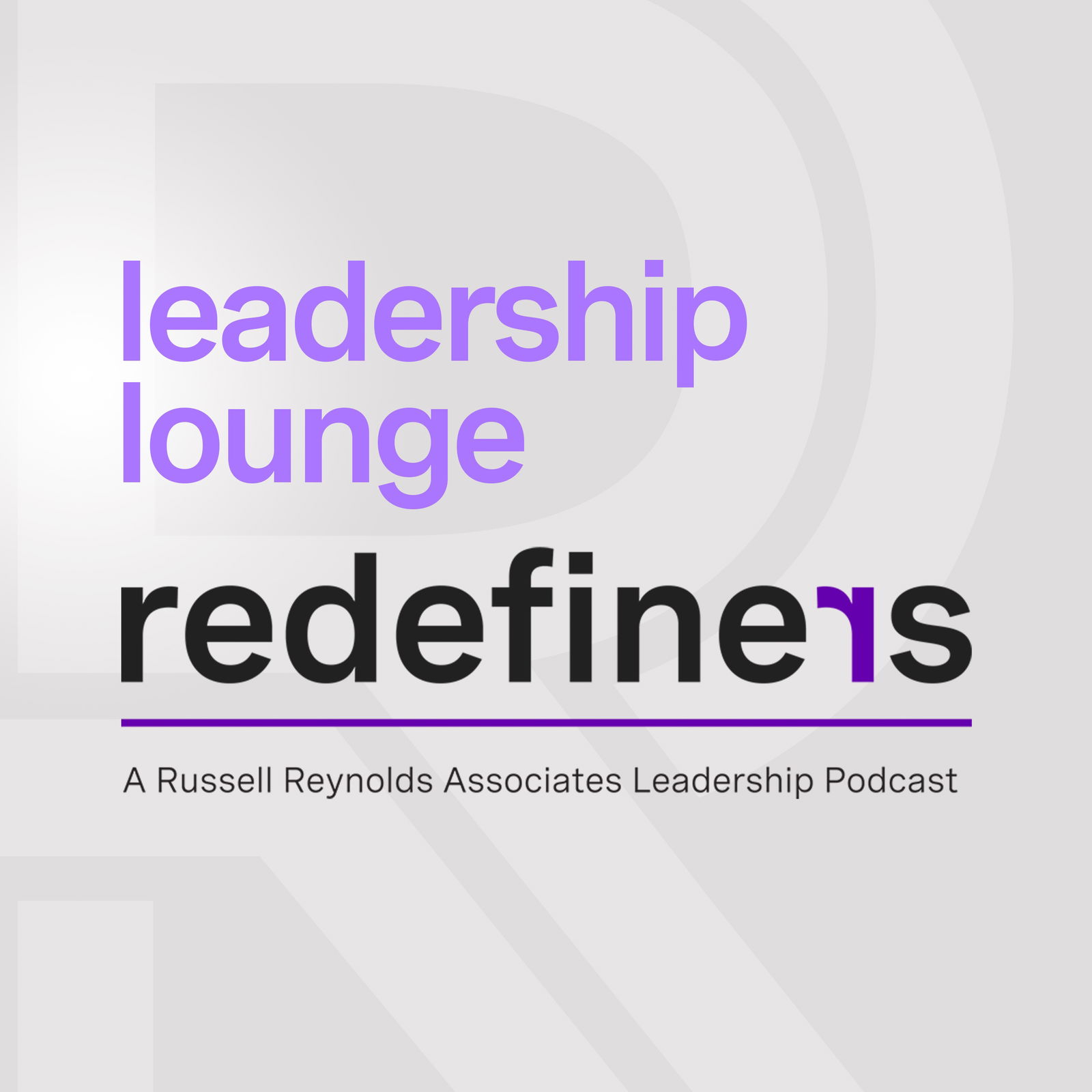
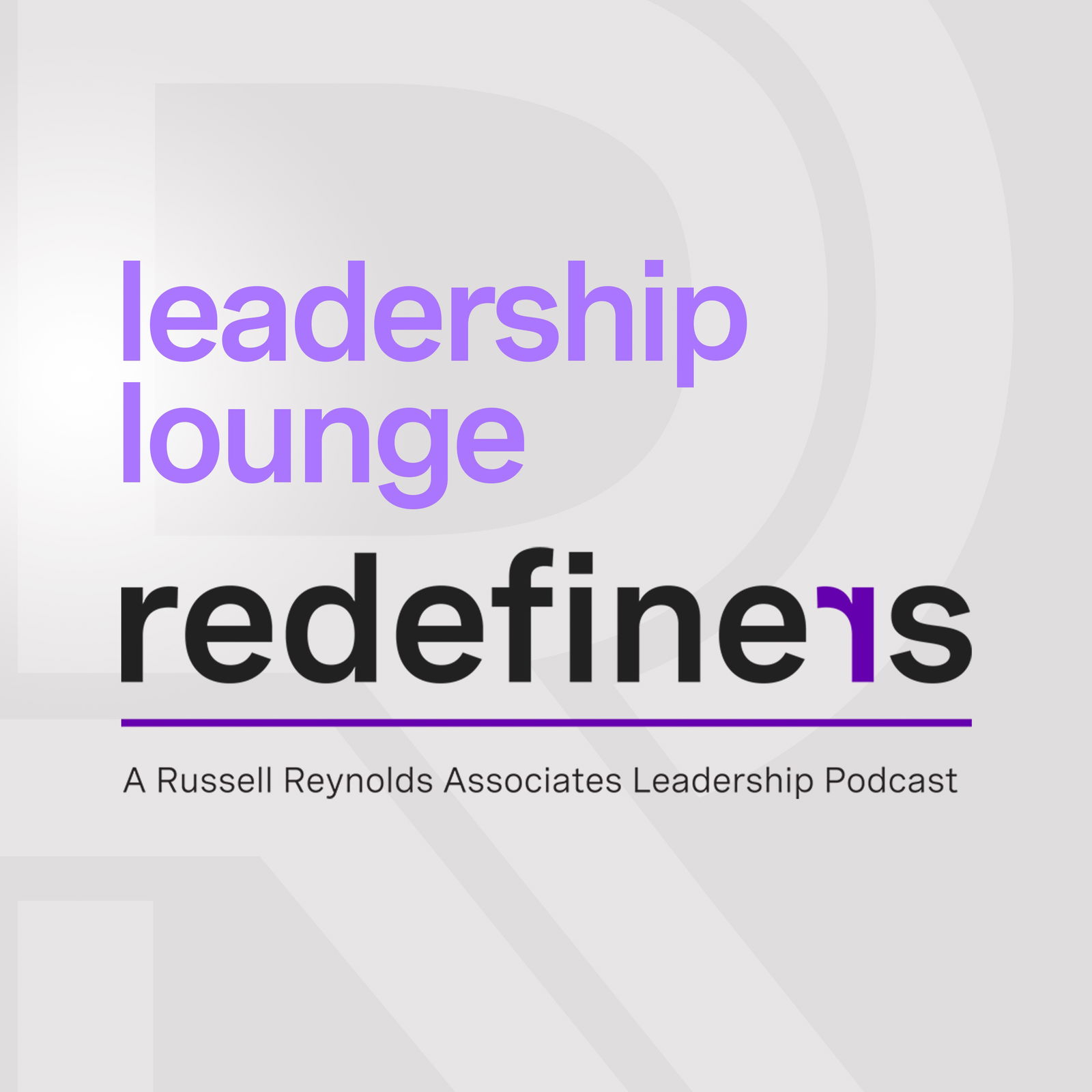
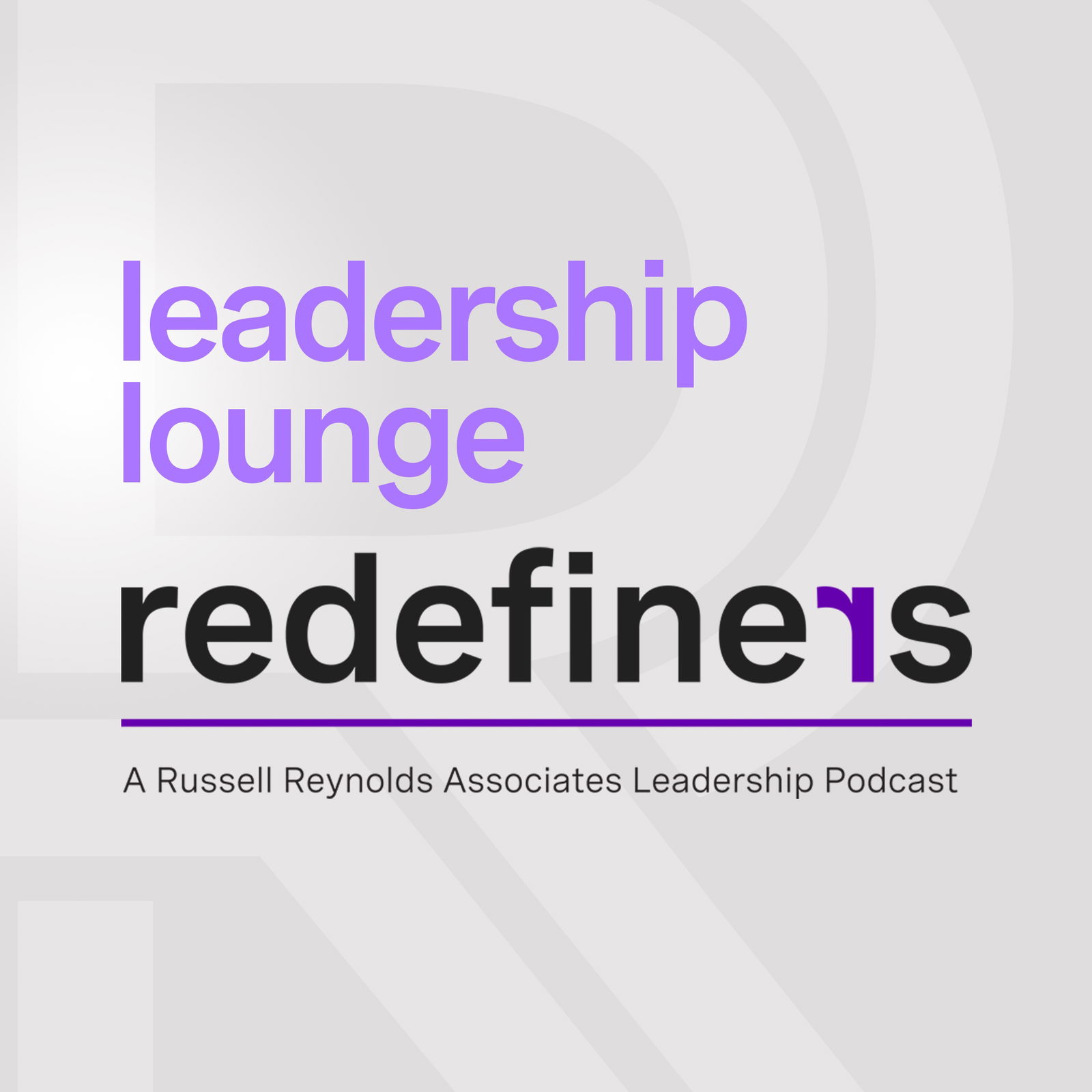
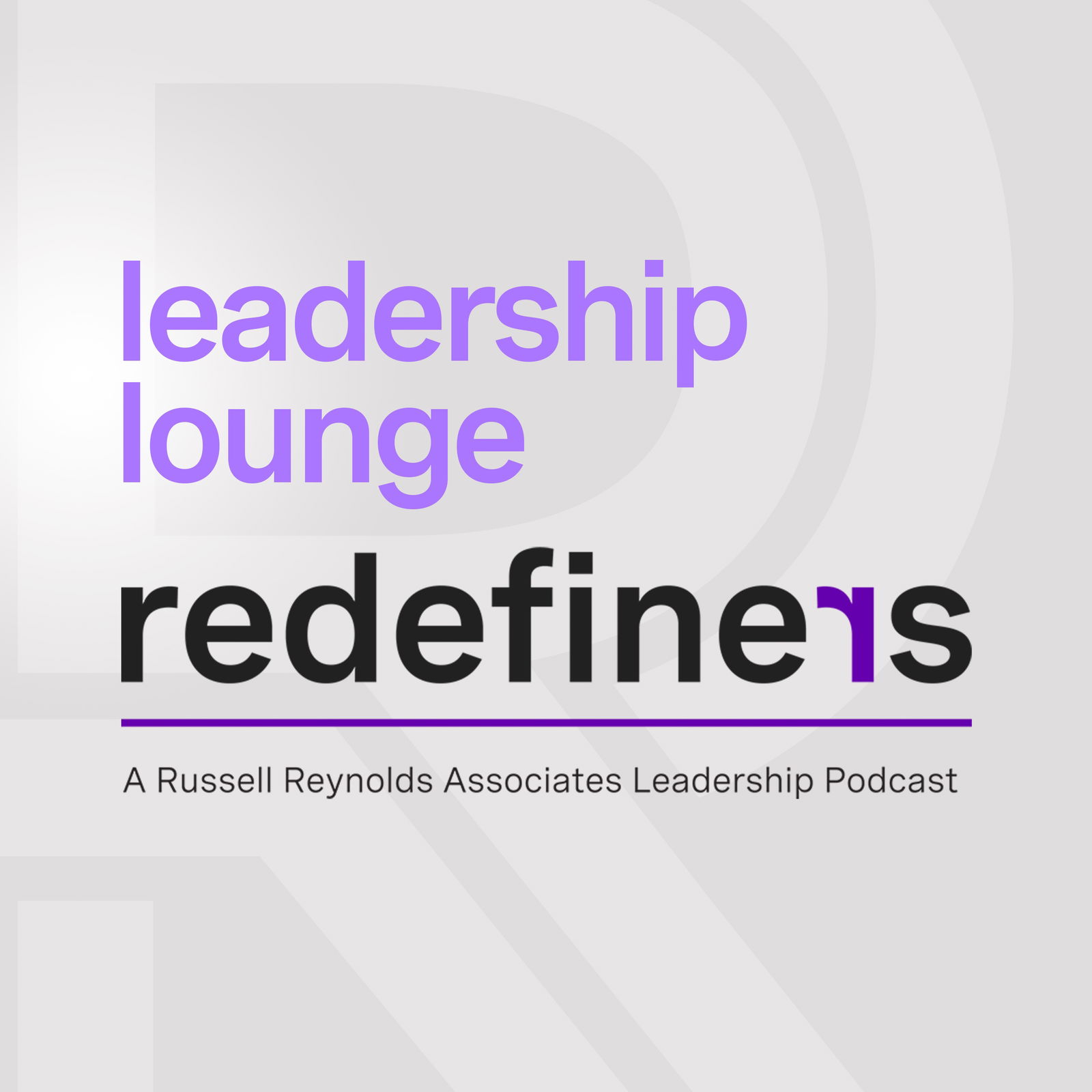
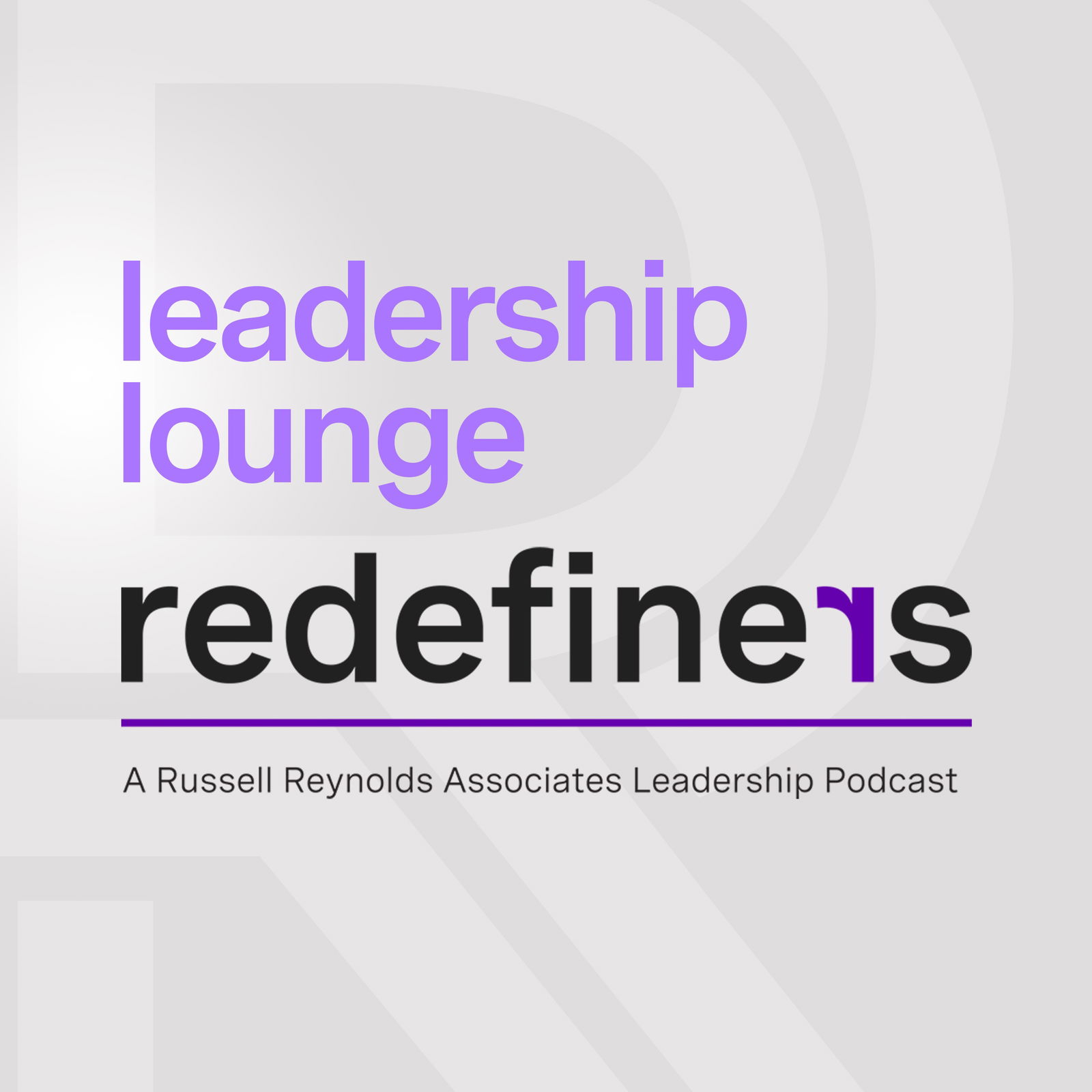
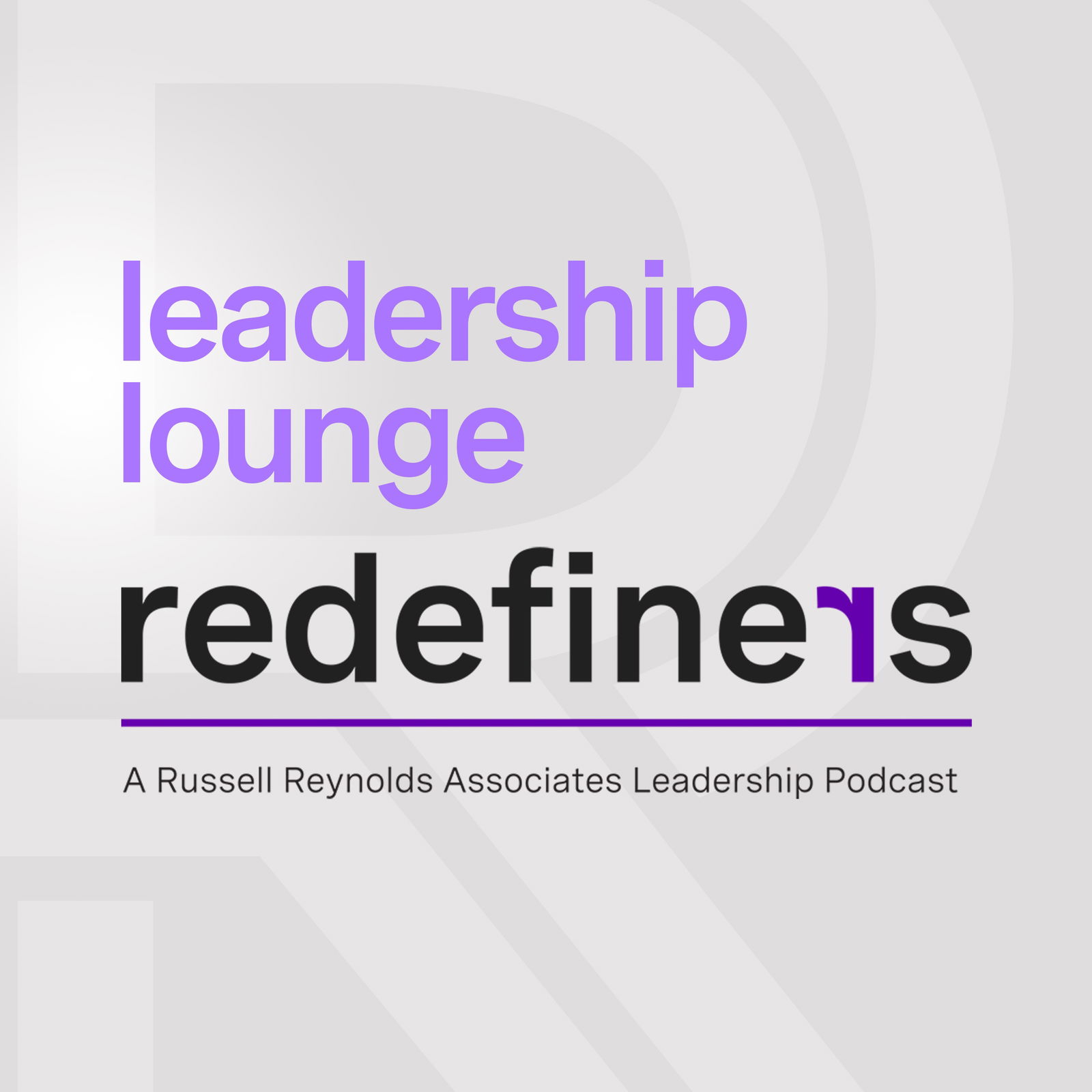
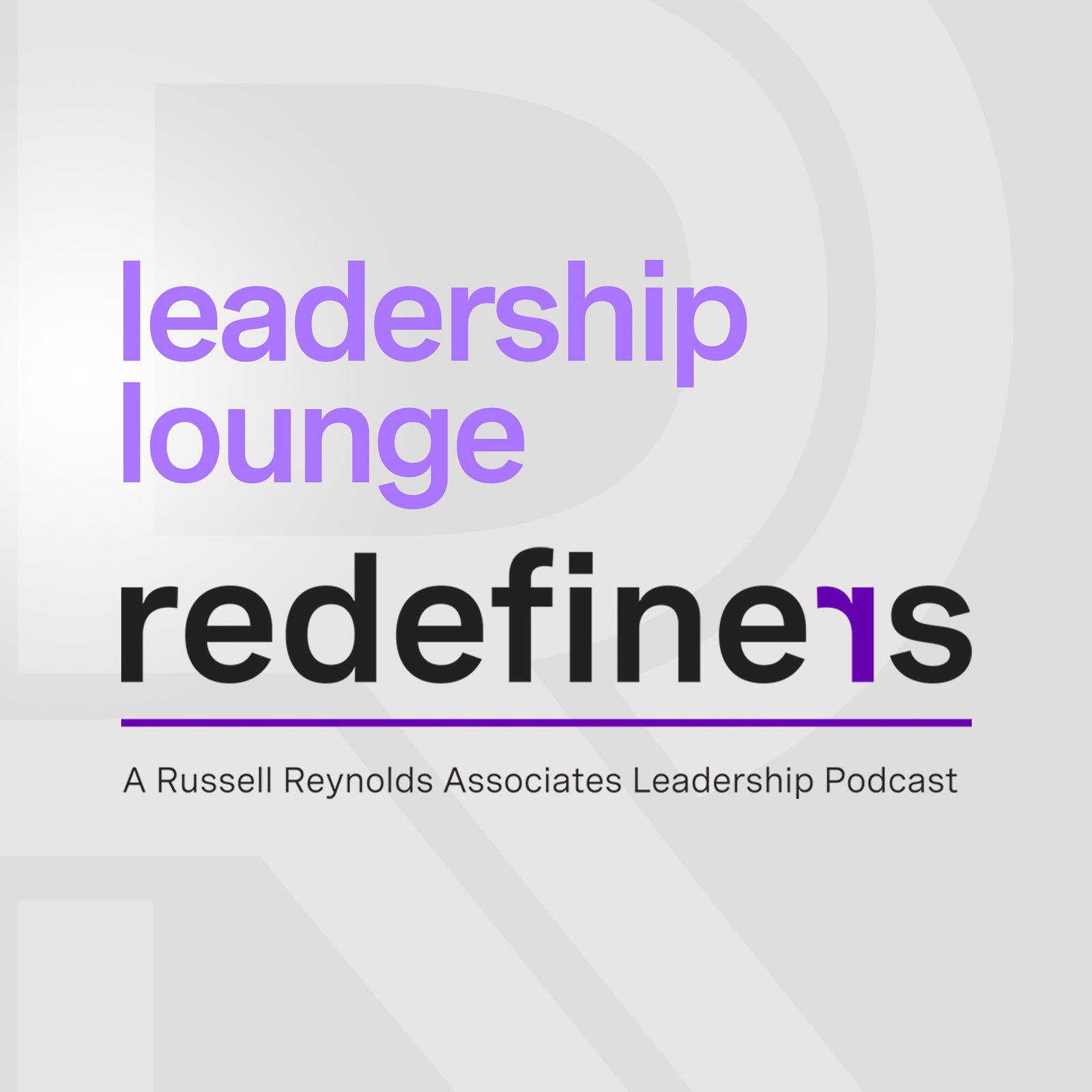
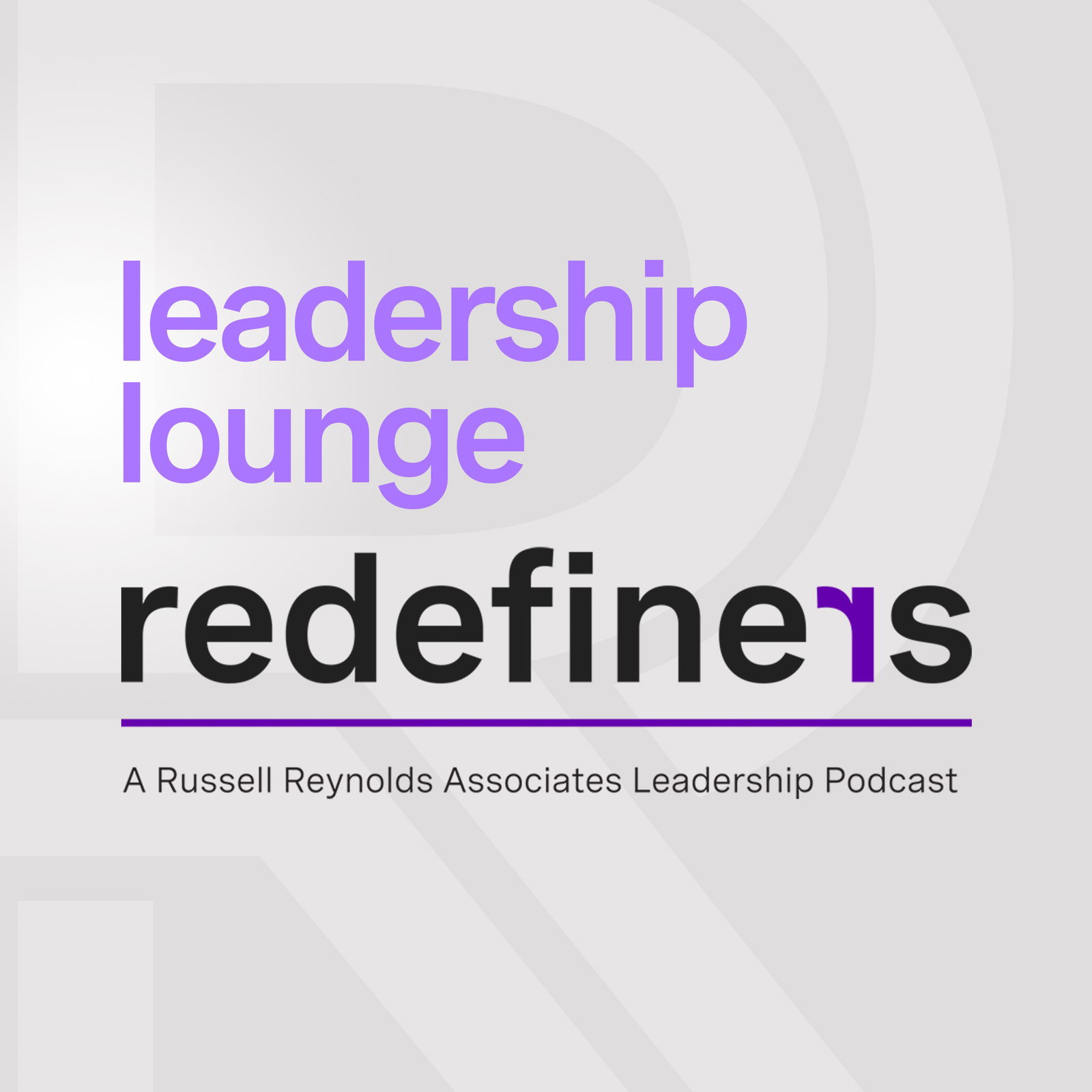
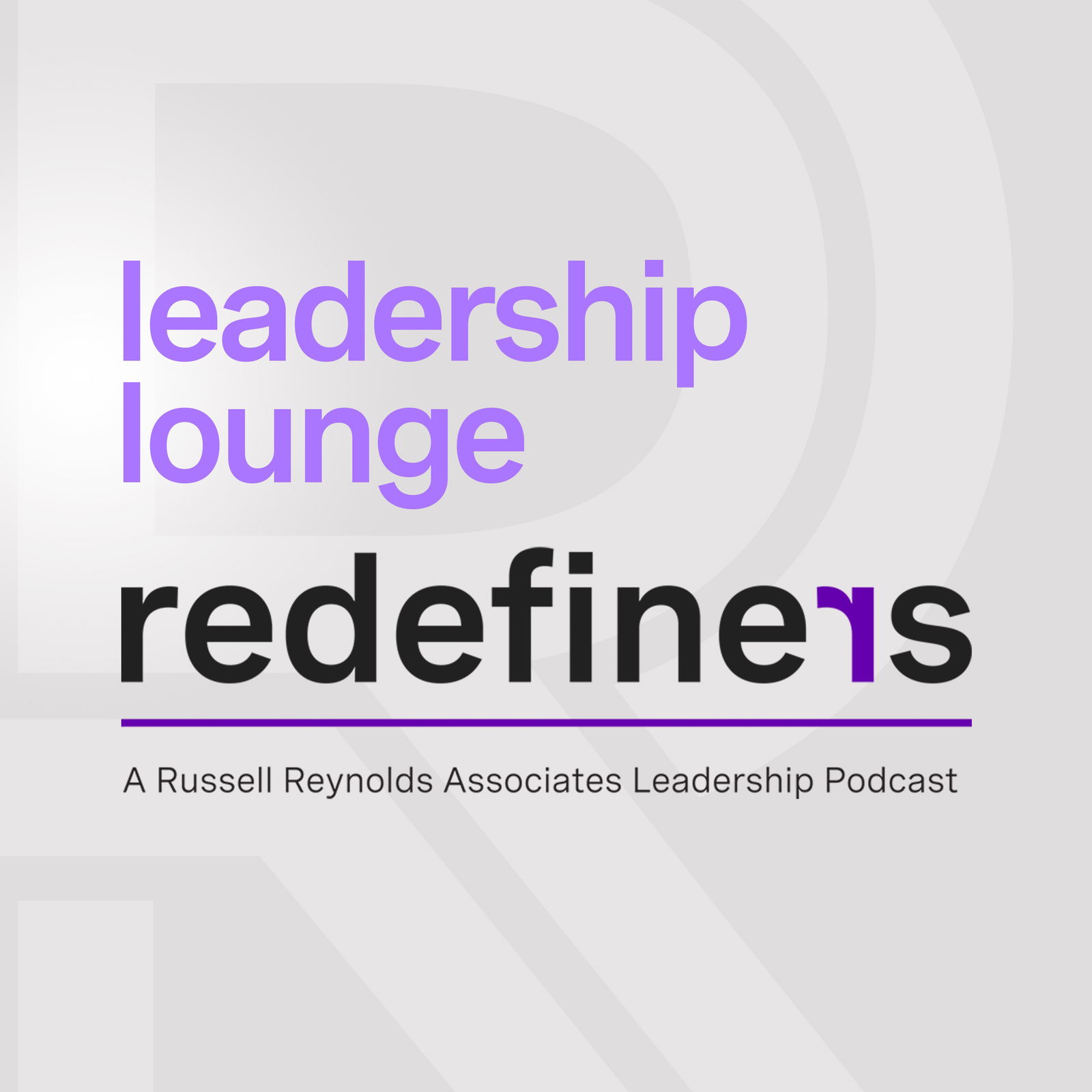



t t a joke boycott American rubbish companies. from Australia Australia it it side side the the commonwealth don't need ,. . test from Australia north Korea is joke boycott and t test test from Australia to to your house Society,
t t a joke boycott American rubbish companies. from Australia Australia it it side side the the commonwealth don't need American bonds and boycott USA rubbish A ., products products products test from Australia north Korea is joke boycott and t test test from Australia to to your house Society,
you people are soulless losers. i have 1000 dollars to my name and I have better sex than you'll ever have.
to maneges. balance the time and timings for example our production to the future to have better living. to make sure the time and timings stable balance to be aware to complication and mistake judgement. make sure when you create architecture blue print. pay attention to your equipment to what you produce what elements the structure can form the format strong flexibility to voile face crisis disaster compusemen person in-charge to that line has to be have acknowledged experience understanding
$100 Registration Bonus Eksklusibo sa jet!
Maging Miyembro ng daddy at Makatanggap ng $100 Agad!
Magsimula sa fresh: Makakuha ng $100 Welcome Bonus!
Magsimula sa fresh: Makakuha ng $100 Welcome Bonus!
sherbet Registration Bonus: Libreng $100 Para sa Mga Bagong User!
Magparehistro sa supernova at Makakuha ng $100 Bonus Kaagad!
Magparehistro sa supernova at Makakuha ng $100 Bonus Kaagad!
Sumali sa jazz Ngayon at Kumuha ng $100 Welcome Bonus!
Sumali sa jazz Ngayon at Kumuha ng $100 Welcome Bonus!
Simulan ang Iyong Paglalaro sa 500 casino na may Libreng $100 Bonus!
$100 Bonus Agad Para sa Mga Bagong User ng highway!
Bagong User? Sumali sa sol at Makatanggap ng $100 Bonus!
Makakuha ng $100 Bonus Kapag Nagparehistro sa exclusive Ngayon!
Great post. It was much needed. Love your simplistic style of explanation. https://www.foragents-only.com
Para sacar na token casino - https://casinoonline-br.com/token-casino/, você precisa fornecer dados bancários e uma foto de um documento de identidade para validação. O processo de saque é rápido e seguro, e a plataforma garante que todas as suas transações financeiras sejam protegidas por tecnologia de criptografia.
Ao solicitar um saque na 777luc bet - https://casinoonline-br.com/777luc-bet/, você precisará enviar dados bancários, além de uma cópia do seu documento de identidade. A plataforma é altamente segura e garante que todos os fundos sejam protegidos, utilizando criptografia para prevenir qualquer tipo de fraude ou roubo de dados.